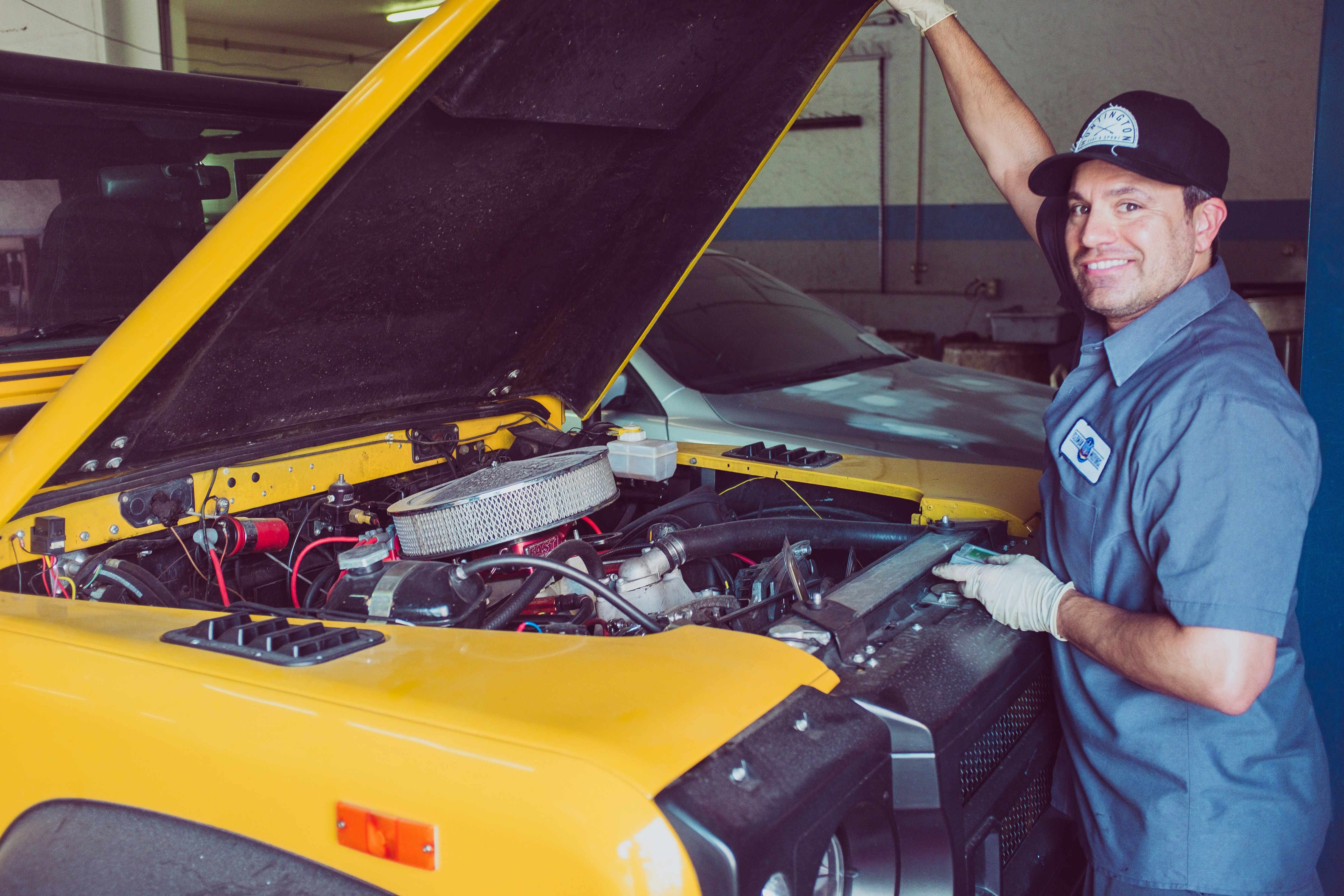Machinists in Urgent Need: Flexible Hours, Competitive Salary
In today's fast-paced industrial environment, the demand for machinists continues to grow. Whether in automotive repair, industrial equipment maintenance, or aerospace, machinists play an integral role. If you have a passion for technology and mechanical operation and want to earn a steady income while pursuing your passion, this machinist position may be just what you need.

Unlocking the World of Mechanic Jobs: A Comprehensive Guide
Mechanic jobs offer a fascinating blend of technical expertise and problem-solving skills. These professionals play a crucial role in keeping vehicles running smoothly, ensuring safety on the roads, and contributing to various industries. From automotive repair to industrial machinery maintenance, the field of mechanics presents diverse opportunities for those with a passion for understanding how things work and fixing what’s broken.
What Does a Mechanic Do?
Mechanics are skilled technicians who diagnose, repair, and maintain mechanical systems. Their work spans various sectors, including automotive, aviation, industrial, and marine industries. A typical day for a mechanic might involve inspecting vehicles, identifying issues, replacing faulty parts, and performing routine maintenance tasks. They use a combination of manual dexterity, technical knowledge, and diagnostic tools to solve complex mechanical problems.
The Path to Becoming a Mechanic
Embarking on a career as a mechanic typically begins with a high school diploma or equivalent. Many aspiring mechanics then pursue vocational training or associate degrees in automotive technology or related fields. Hands-on experience is crucial, often gained through apprenticeships or entry-level positions. Continuous learning is a hallmark of the profession, as mechanics must stay updated on evolving technologies and new vehicle models.
Career Opportunities and Specializations
The field of mechanics offers numerous specialization options. Automotive mechanics focus on cars and light trucks, while diesel mechanics work on larger vehicles and equipment. Aviation mechanics maintain aircraft, and industrial mechanics repair factory machinery. Each specialization requires specific skills and certifications, allowing mechanics to tailor their careers to their interests and strengths.
Benefits of Pursuing a Career in Mechanics
A career in mechanics offers several advantages. Job stability is a significant benefit, as the need for skilled mechanics remains constant. The field also provides opportunities for entrepreneurship, with many mechanics eventually opening their own repair shops. Additionally, the satisfaction of solving complex problems and the tangible results of one’s work can be highly rewarding.
Advancements in Technology and Their Impact
The mechanic’s profession is evolving rapidly with technological advancements. Electric vehicles, hybrid systems, and computerized diagnostics are reshaping the industry. Modern mechanics need to be tech-savvy, often working with sophisticated software and electronic systems. This evolution presents both challenges and opportunities, requiring mechanics to continuously update their skills to stay relevant in the field.
Comparing Career Paths in Mechanics
When considering a career in mechanics, it’s essential to understand the various paths available and their potential outcomes. Here’s a comparison of different mechanic specializations, including typical job roles, required qualifications, and estimated salary ranges.
| Specialization | Typical Job Roles | Required Qualifications | Estimated Salary Range (USD) |
|---|---|---|---|
| Automotive Mechanic | Car Repair Technician, Service Manager | ASE Certification, Associate’s Degree | $30,000 - $60,000 |
| Diesel Mechanic | Truck Technician, Fleet Maintenance | CDL, Diesel Technology Certification | $40,000 - $70,000 |
| Aviation Mechanic | Aircraft Technician, Avionics Specialist | FAA Certification, Associate’s Degree | $50,000 - $90,000 |
| Industrial Mechanic | Maintenance Technician, Plant Engineer | Associate’s Degree, CMRP Certification | $45,000 - $80,000 |
Note: Salary ranges are estimates and can vary based on factors such as location, experience, and employer. It is encouraged to conduct independent research for more accurate and up-to-date salary information.
Success Stories in the Mechanic Field
Many mechanics have built successful careers through dedication and expertise. For instance, Sarah Thompson started as an apprentice in a small auto shop and now owns a thriving multi-location repair business. John Martinez, an aviation mechanic, worked his way up to become the head of maintenance for a major airline. These stories highlight the potential for growth and achievement in the mechanic profession.
The field of mechanics continues to evolve, offering exciting opportunities for those passionate about problem-solving and working with their hands. As technology advances, the role of mechanics becomes increasingly sophisticated, ensuring a dynamic and rewarding career path for those willing to embrace continuous learning and adaptation.
The shared information of this article is up-to-date as of the publishing date. For more up-to-date information, please conduct own research.




